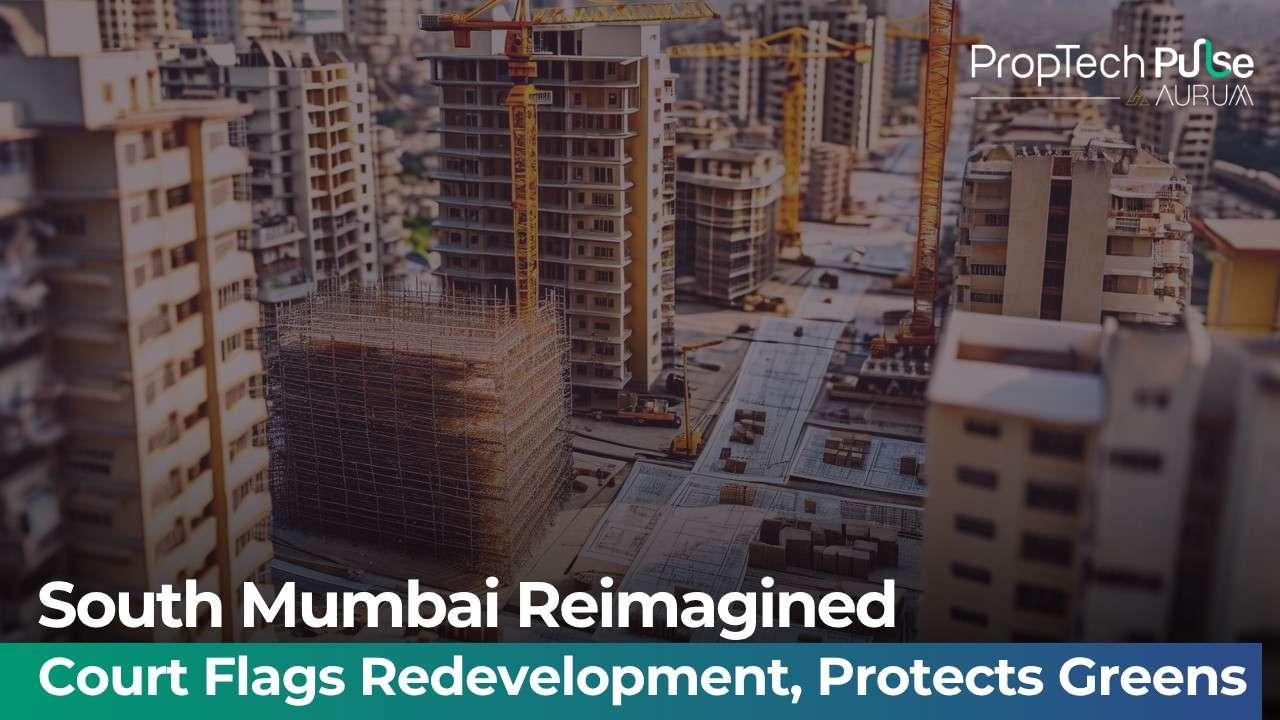
The Transformation of South Mumbai
Amidst the hustle and bustle of South Mumbai, the Bombay High Court has drawn attention to the proposed redevelopment of 33 acres of prime government land—raising questions about the balance between urban development and the preservation of parks and open spaces.
A City Deprived of Gardens
With green areas shrinking and population density rising, the court underscored the importance of preserving accessible public gardens and community open spaces. The order noted that converting large tracts of public land permanently into private development would be detrimental to public interest in a city already starved of greenery.
Legal and Policy Context
The case challenges the use of the Slum Rehabilitation Authority (SRA) route for allotting extensive government land for redevelopment. The court’s observations also sit against a broader regulatory backdrop—where rules such as the Development Control and Promotion Regulations (DCPR) set limits and safeguards when public open spaces are partially used for rehabilitation, mandating preserved open-space minima in many cases.
Stakeholders and Petitions
Petitions filed by residents and other stakeholders questioned the state’s approach and sought preservation of the land for public use. Environmental advocates and local groups have urged that any redevelopment should guarantee permanently accessible parks or be rethought entirely to prioritize ecological and recreational needs.
Future Prospects
The court’s scrutiny may force policymakers and the SRA to revisit the proposal’s terms, ensuring stronger public safeguards—such as formal handover of reserved open spaces to municipal authorities, designating permanent parks, or altering the redevelopment model to protect civic interests.
Conclusions
As Mumbai negotiates growth and green-space protection, this judgement could become a pivotal reference for future redevelopment proposals—especially those affecting beloved public landscapes in South Mumbai.
Enjoyed this update? Visit PropTech Pulse for more real estate news and market insights.Unlock the Latest in Real Estate
News, Infographics, Blogs & More! Delivered to your inbox.
“Data that drives action. Insight that inspires action. Technology that empowers action.“
“Data that drives action.
Insight that inspires action.
Technology that empowers action.“









